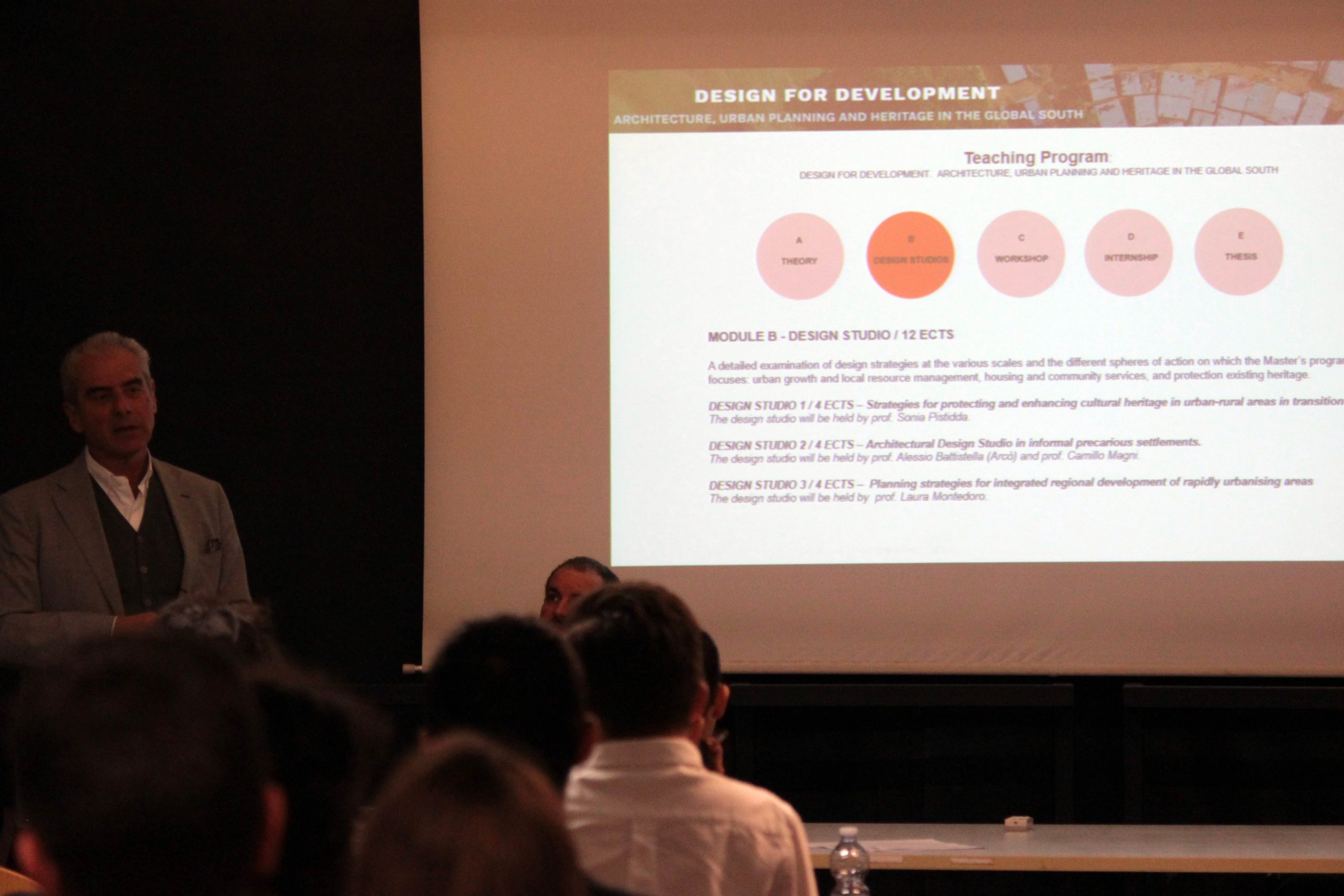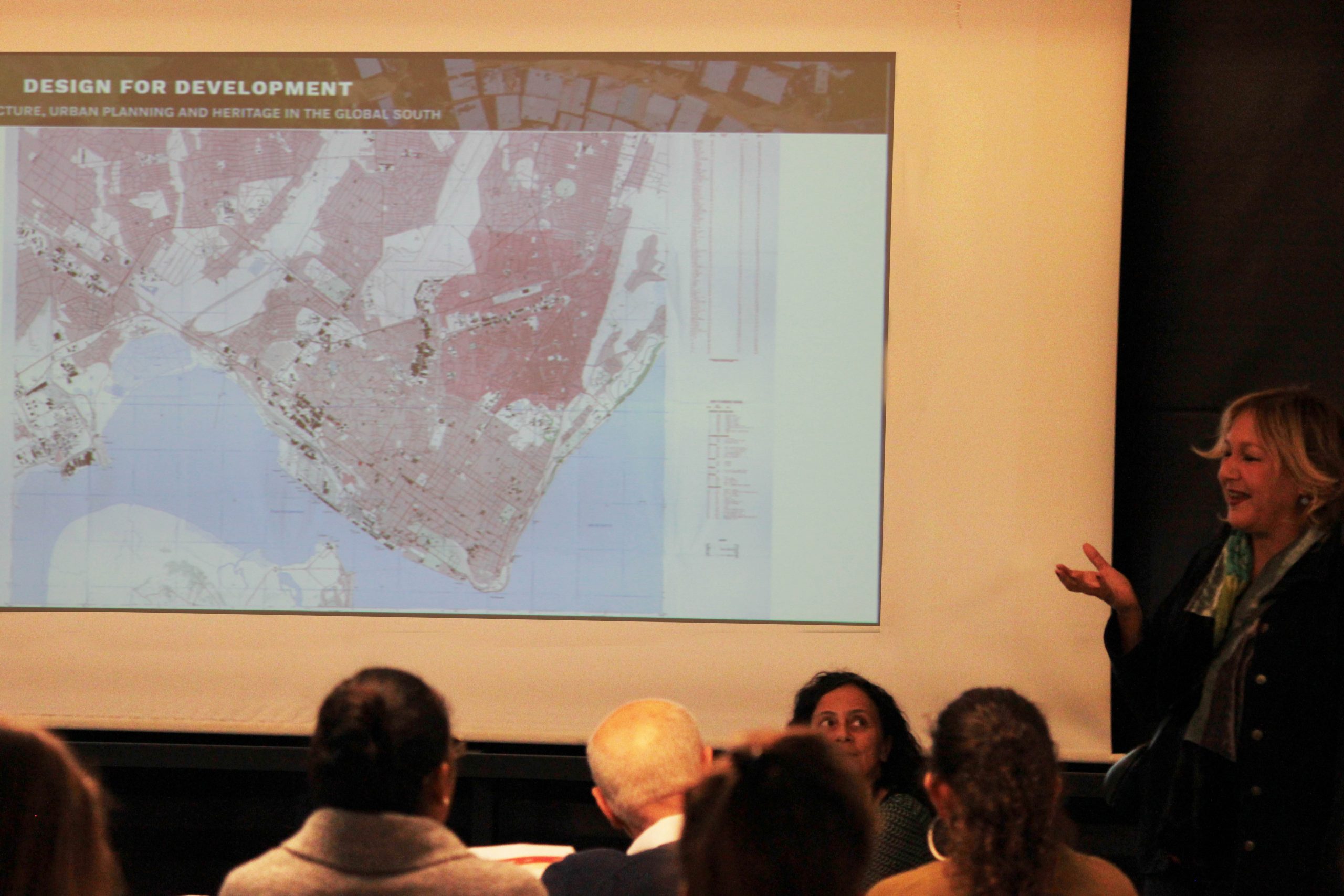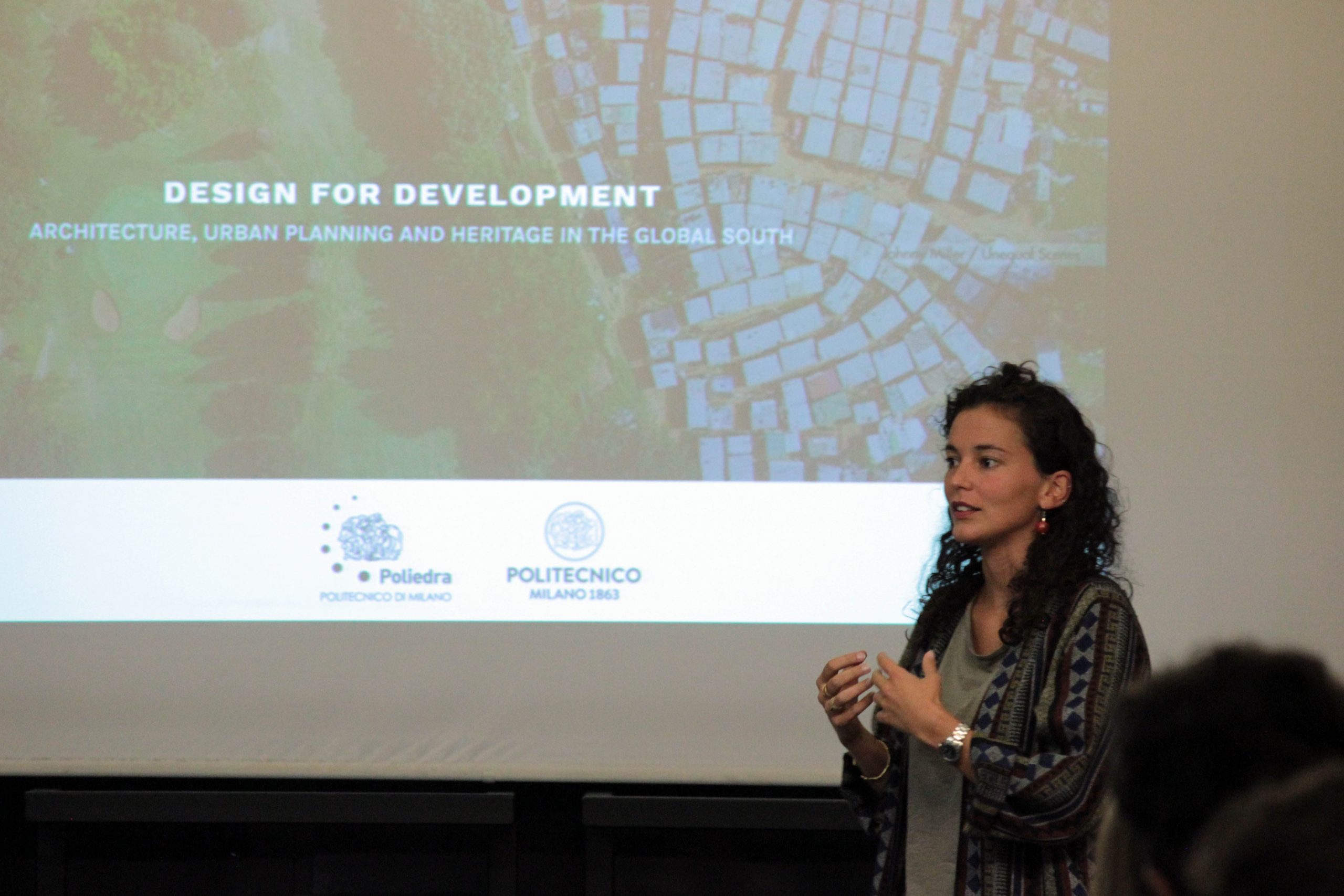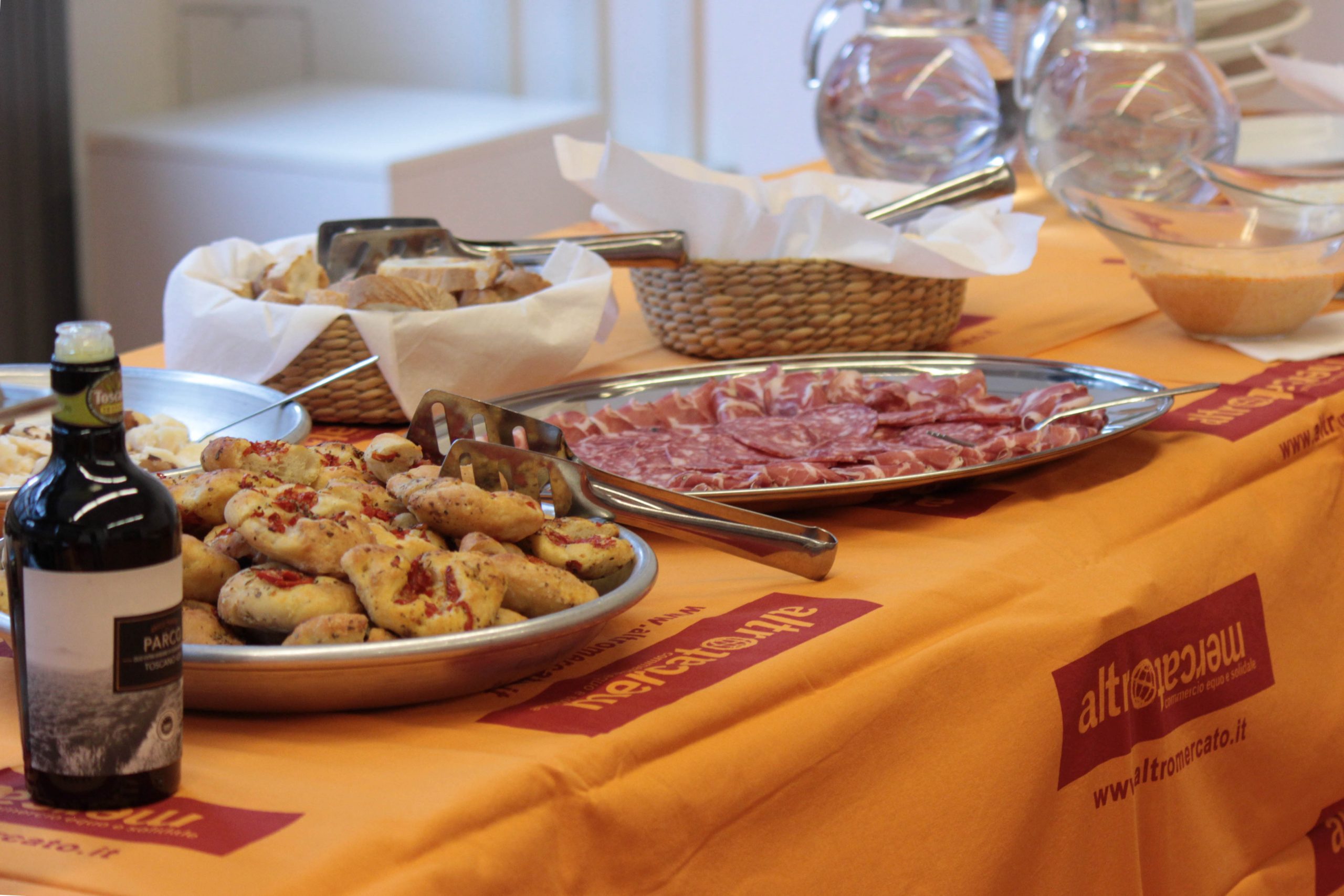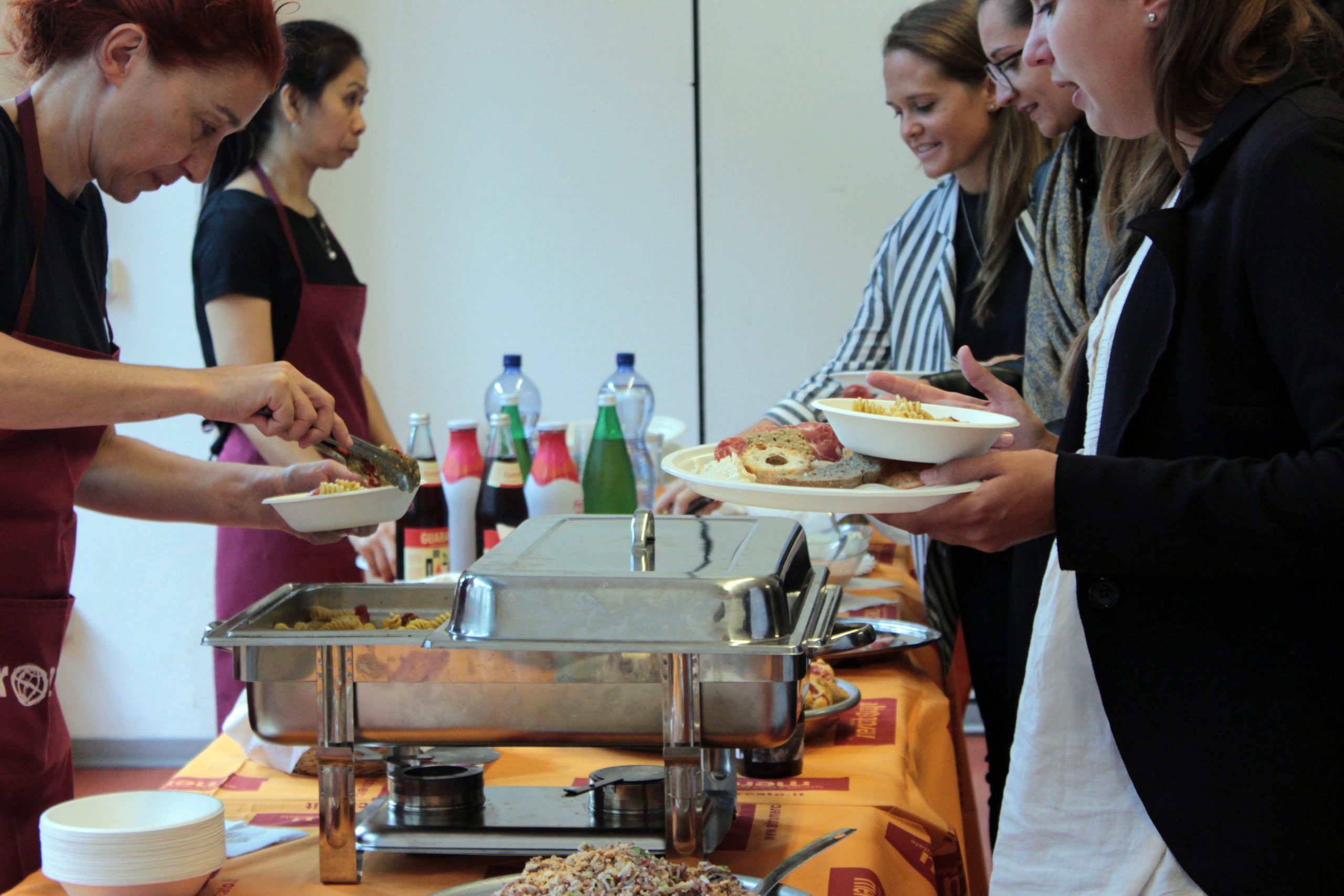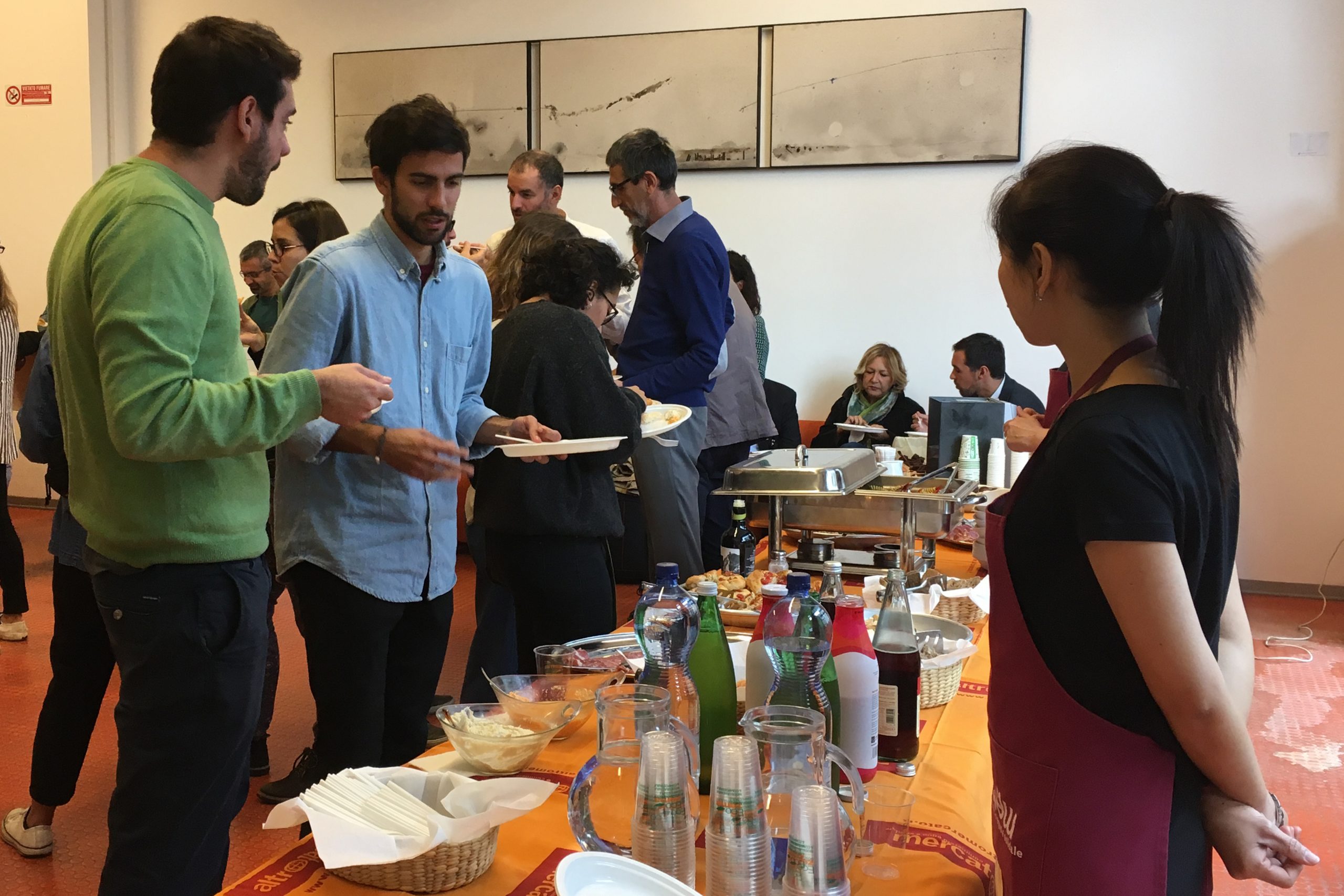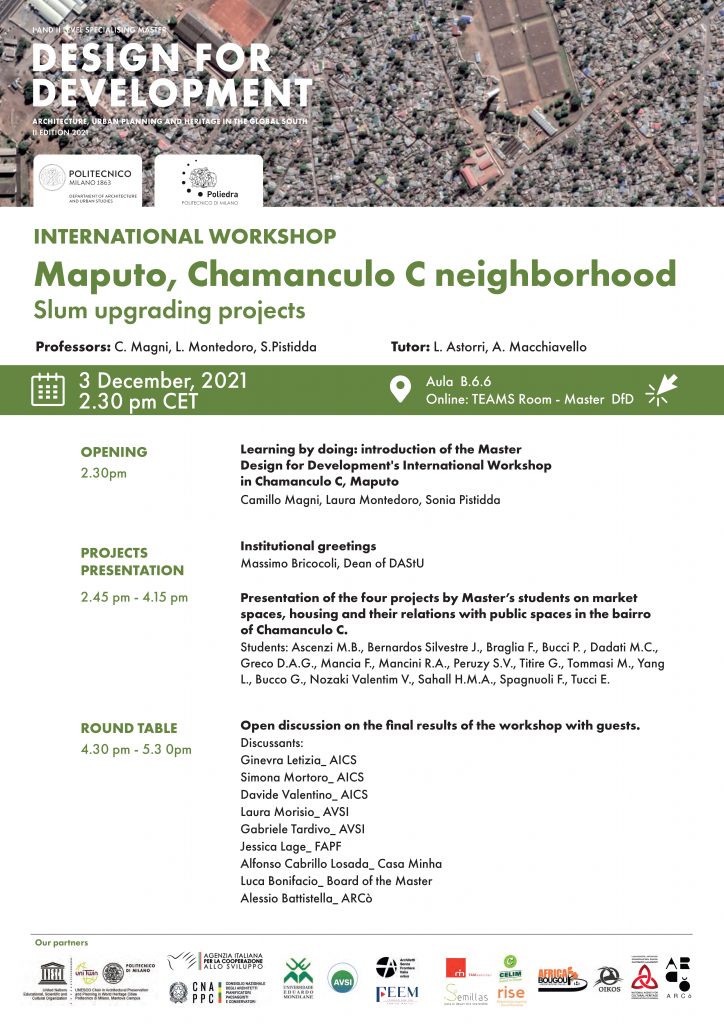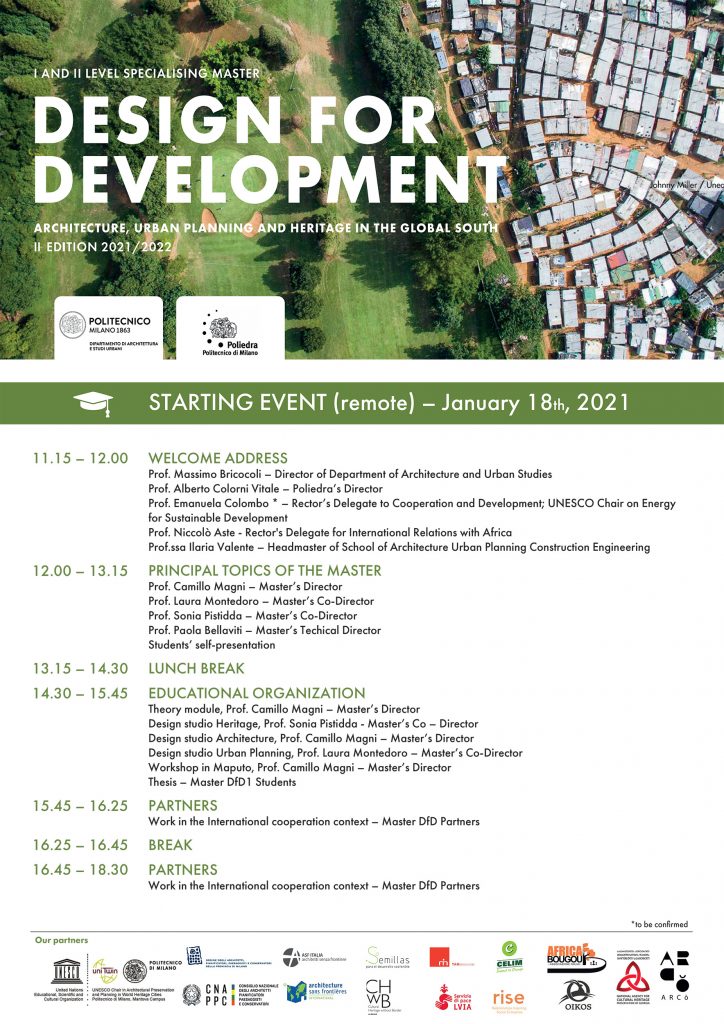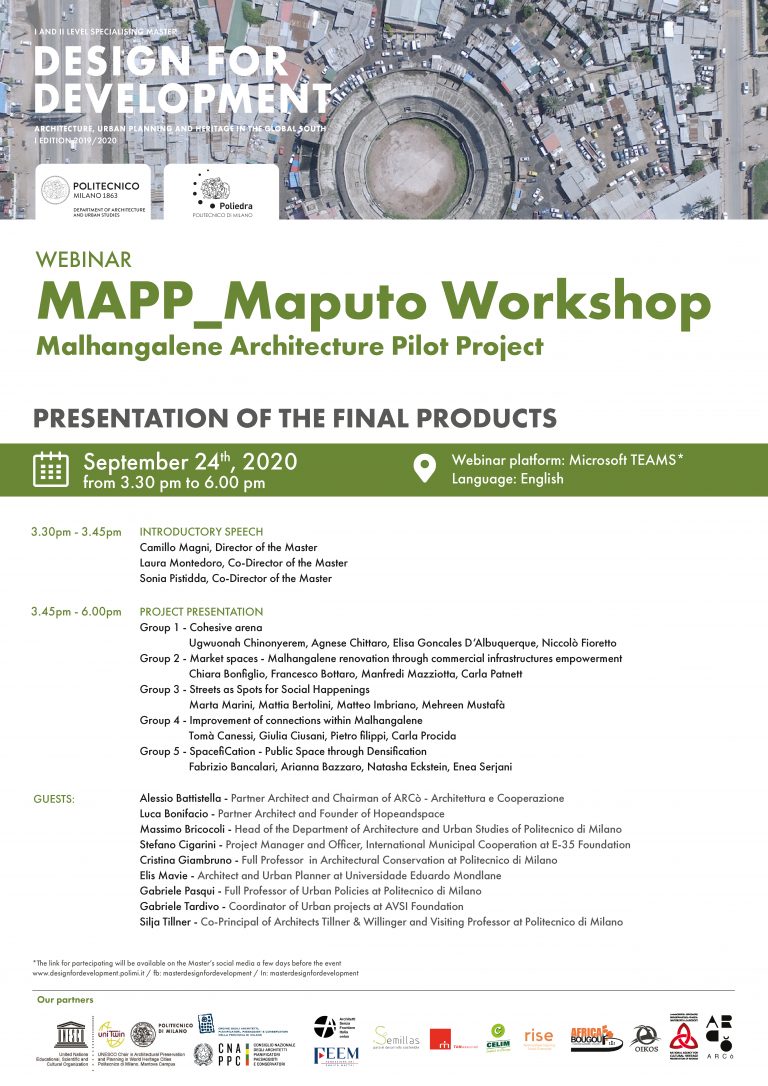NEWS archive
URBAN SUSTAINABILITY IN AFRICA: CIRCULAR AND RESILIENT CITIES – 22nd September 2020
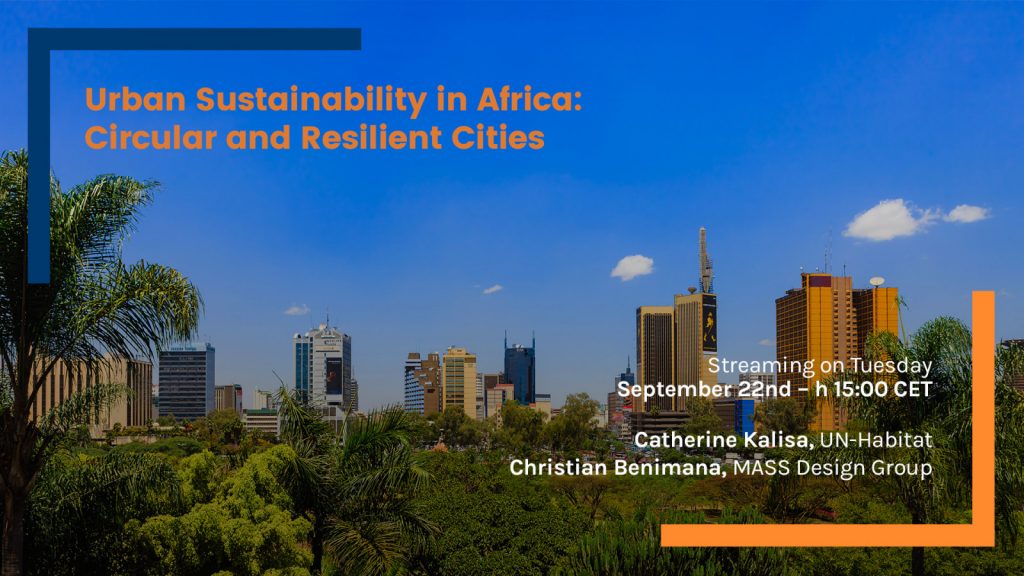
Catherine Kalisa, UN-Habitat
Christian Benimana, MASS Design Group
The planet Earth is facing a climate emergency. Economie and population growth are the most relevant drivers of increases in CO2 emission from fossil fuel combustion. Notably, cities produce 50% of global waste and 60-80% of GHG emissions. Meanwhile, population is expected to increase by 2 billion people in the next 30 years, the Sub-Saharan African region is projected to double the population by 2050. African cities are suffering a bold development most often without the benefit of policies or investments able to meet these challenges. This is the time to intervene in order to enhance administration and liveability of urban agglomerations.
This meeting wants to quest if there is space for concepts as circularity and resilience in African cities. Those two concepts were born in Europe, but today lower and middle-income economies are more ‘circular’ and ‘resilient’ than their counterparts in high-income countries, and a shift towards a sustainable living might be more intuitive and immediate.
lntroduced by Marta Marini, FEEM and Polimi and Enrico Lippo, FEEM
Discussants: Alice Buoli, Polimi and Alessandro Frigerio, Polimi
Closing remarks: Eugenio Morello, Polimi
The webinar will be held in English and is part of the “Research and Policy Webinars on African Development: Urbanisation and Sustainability” series.
AFRICA’S URBANISATION DYNAMICS 2020: AFRICAPOLIS, MAPPING A NEW URBAN GEOGRAPH – 3rd july 2020
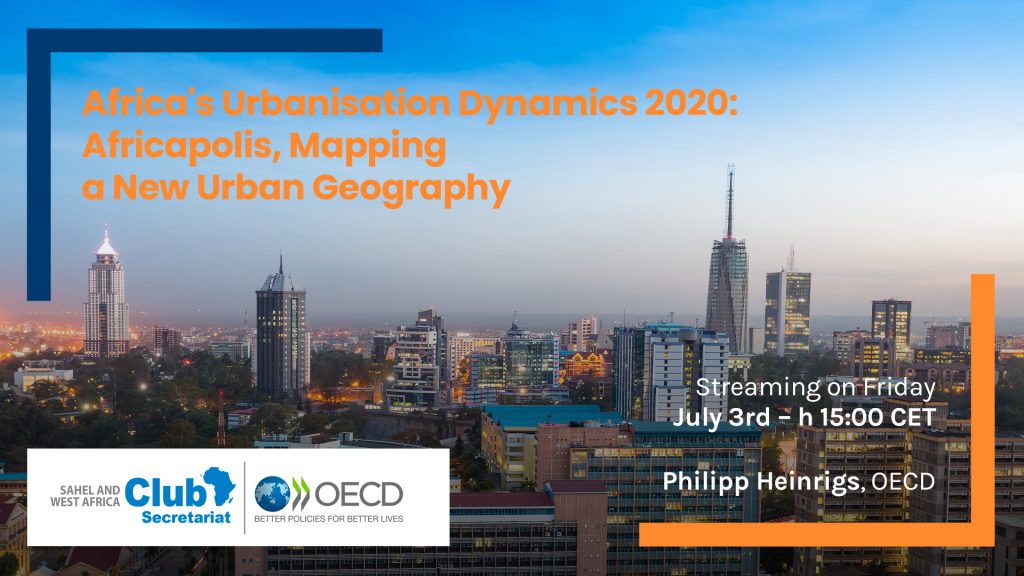
Philipp Heinrigs, OECD, will present the report Africa’s Urbanisation Dynamics 2020: Africapolis, Mapping a New Urban Geography.
Africa is projected to have the fastest urban growth rate in the world: by 2050, Africa’s cities will be home to an additional 950 million people. Much of this growth is taking place in small an medium-sized towns. Africa’s urban transition offers great opportunities but it also poses significant challenges. Urban agglomerations are developing most often without the benefit of policies or investments able to meet these challenges. Urban planning and management are therefore key development issues. Understanding urbanisation, its drivers, dynamics and impacts is essential for designing targeted, inclusive and forward-looking policies at local, national and continental levels. This report of the Sahel and West Africa Club, based on the Africapolis geo-spatial database (www.africapolis.org) covering 7.600 urban agglomerations in 50 African countries, provides detailed analyses of major African urbanisation dynamics placed within historical, environmental and political contexts. Covering the entire distribution of the urban network — from small towns and secondary cities to large metropolitan regions — it develops more inclusive and targeted policy options that integrate local, national and regional scales of urban development in line with African realities.
Introduced by Enrico Lippo, Research Fellow at Fondazione Eni Enrico Mattei
The webinar will be held in English and is part of the “Research and Policy Webinars on African Development: Urbanisation and Sustainability” series.
LOCALLY DEVELOPED LOW COST PARTICULATE MATTER SENSORS FOR MODELING PM2.5 IN UGANDA – 9th June 2020
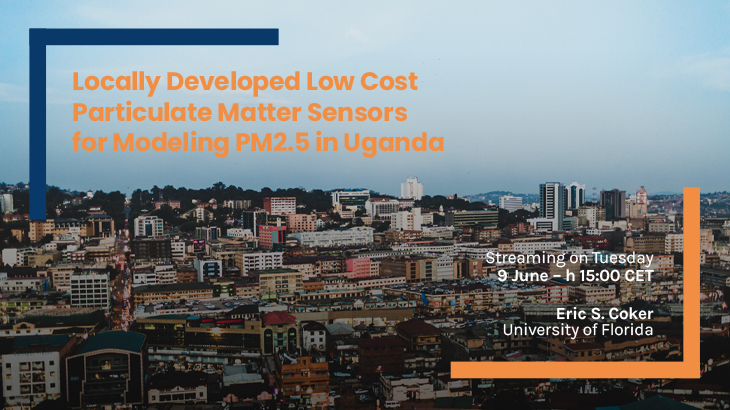
Eric S. Coker, Assistant Professor at Department of Environmental and Global Health, College of Public Health and Health Professions, University of Florida, will present Locally Developed Low Cost Particulate Matter Sensors for Modeling PM2.5 in Uganda
Conventional air pollution monitoring networks suffer from spatial sparsity, which limits the characterization of spatial heterogeneity and exposure estimation of urban ambient air pollutant levels. Moreover, lower-income countries in sub-Saharan Africa lack virtually any air pollution monitoring due the high-end costs associated with procuring and maintaining instruments as well as a general lack of public investment in environmental monitoring programs. Locally derived low cost air quality sensor networks in sub-Saharan Africa can address several of these challenges; including overcoming costing barriers, spurring public investment in environmental monitoring, and utilization of sensors tailored to the region’s socioeconomic and environmental context.
Introduced by Enrico Lippo, Research Fellow at Fondazione Eni Enrico Mattei.
The webinar will be held in English and is part of the “Research and Policy Webinars on African Development: Urbanisation and Sustainability” series.
WORKSHOP IN MAPUTO – February 2020
The international workshop on the first edition was held in Maputo (Mozambique) from February 1st to 22nd, 2020.
Here’s some picture made by tutors and students.








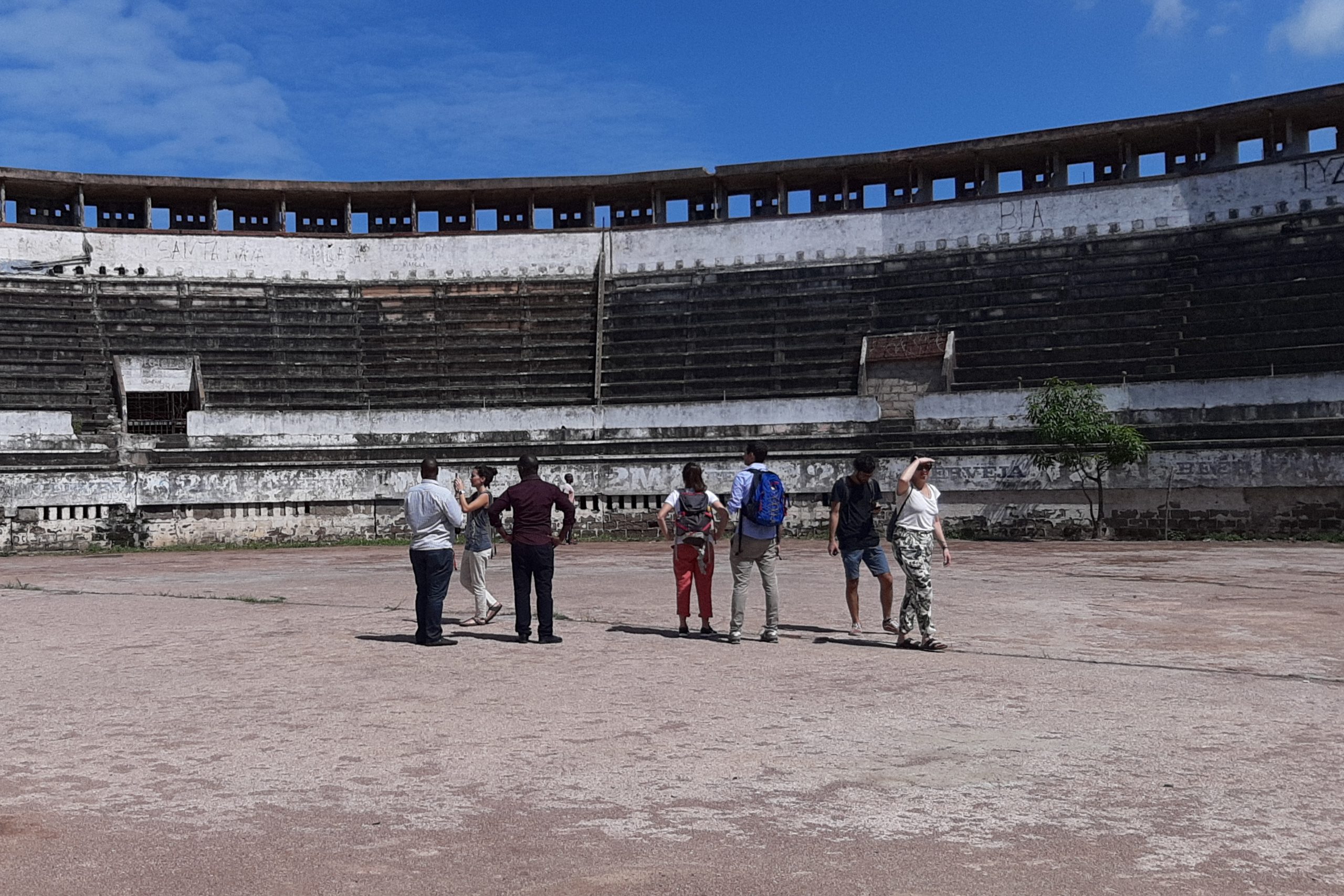

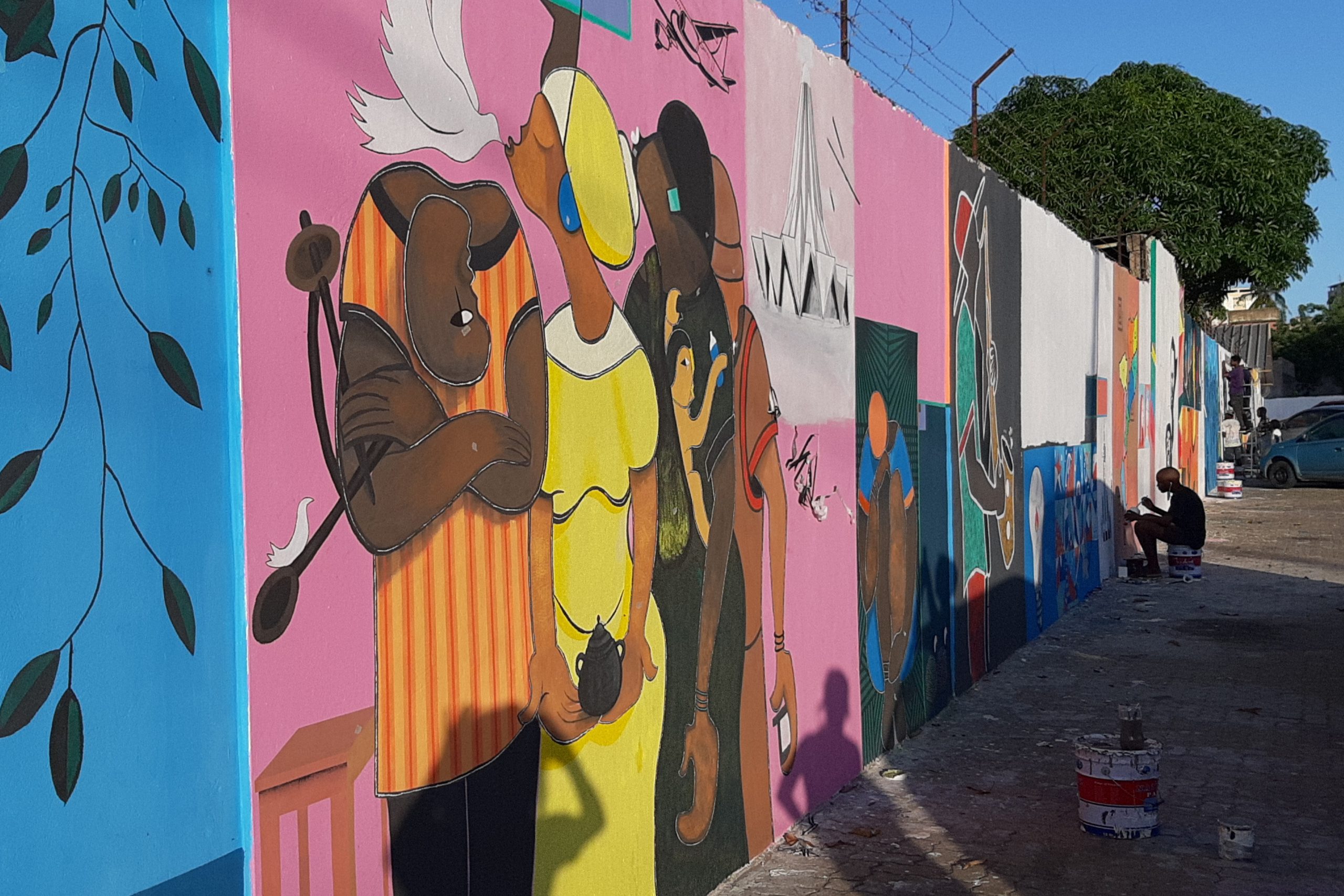
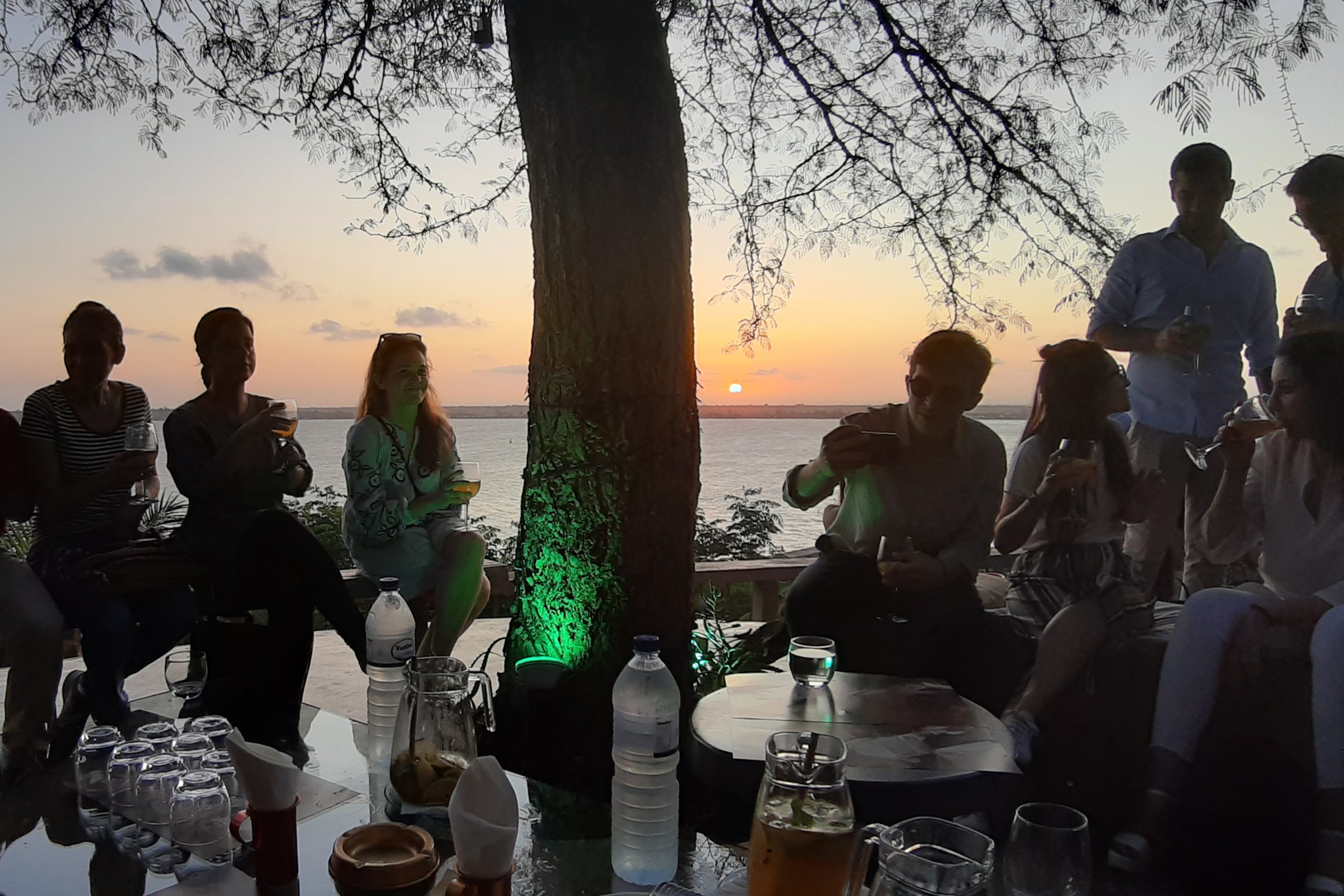
SEMINAR: FROM EMERGENCY TO RECOVERY – 16th October 2019
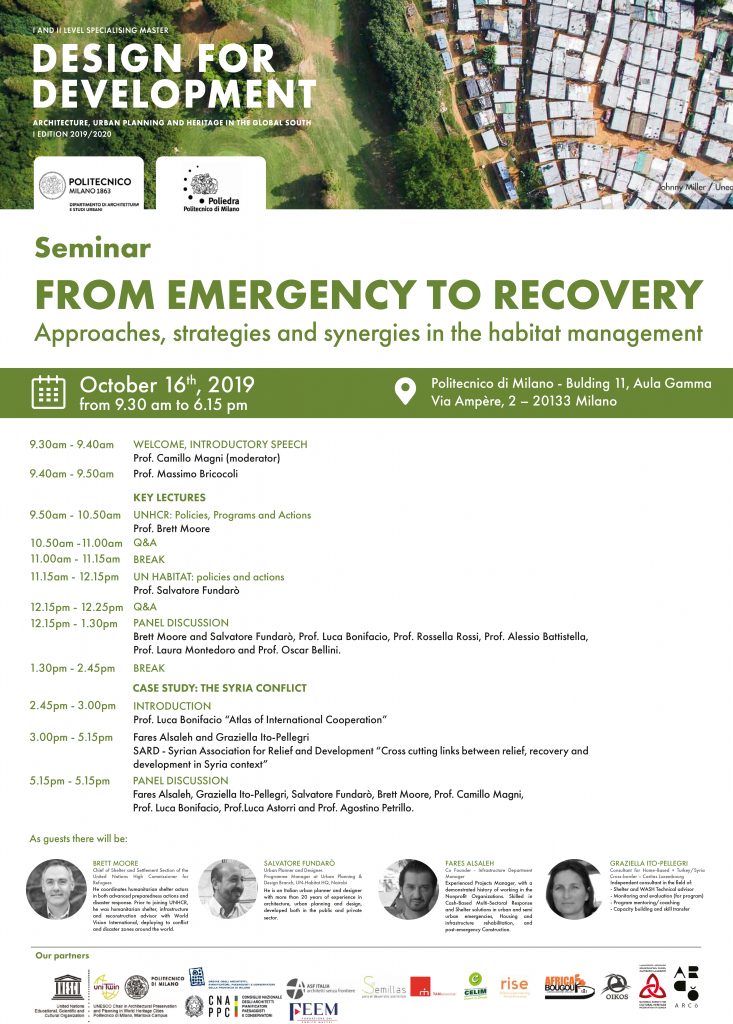
OPENING EVENT – 23rd September 2019
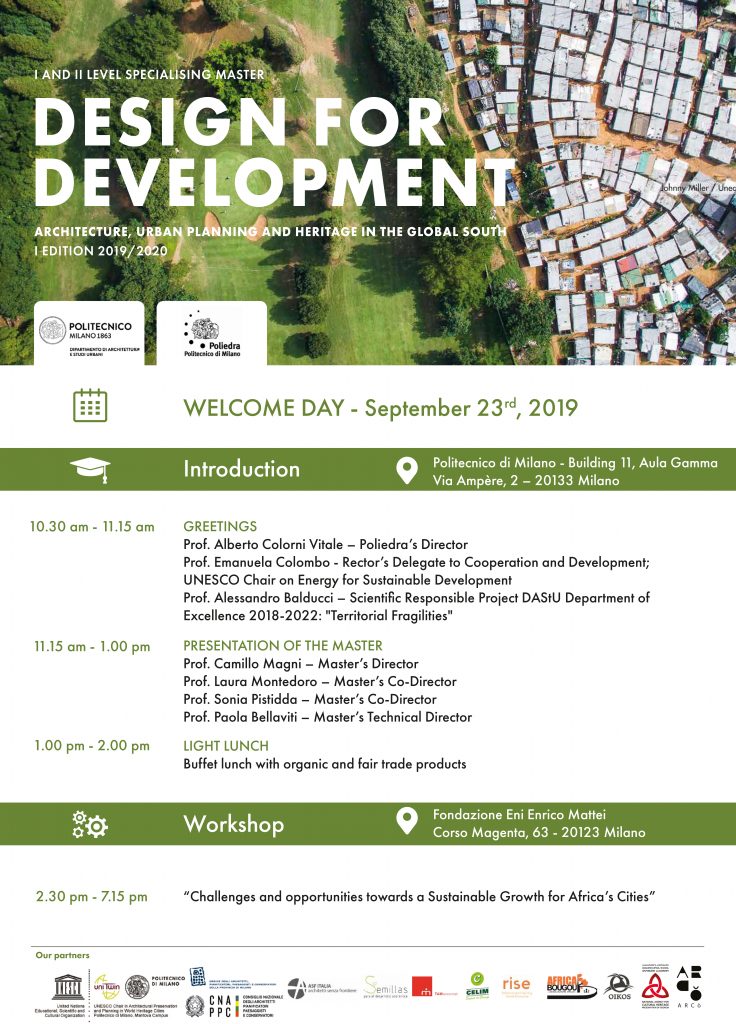
- Alberto Colorni Vitale – Poliedra’s Director
- Emanuela Colombo – Rector’s Delegate to Cooperation and Development; UNESCO Chair on Energy for Sustainable Development
- Alessandro Balducci – Scientific Responsible Project DAStU Department of Excellence 2018-2022: “Territorial Fragilities”
- Camillo Magni – Master’s Director
- Laura Montedoro – Master’s Co-Director
- Sonia Pistidda – Master’s Co-Director
- Paola Bellaviti – Master’s Technical Director



